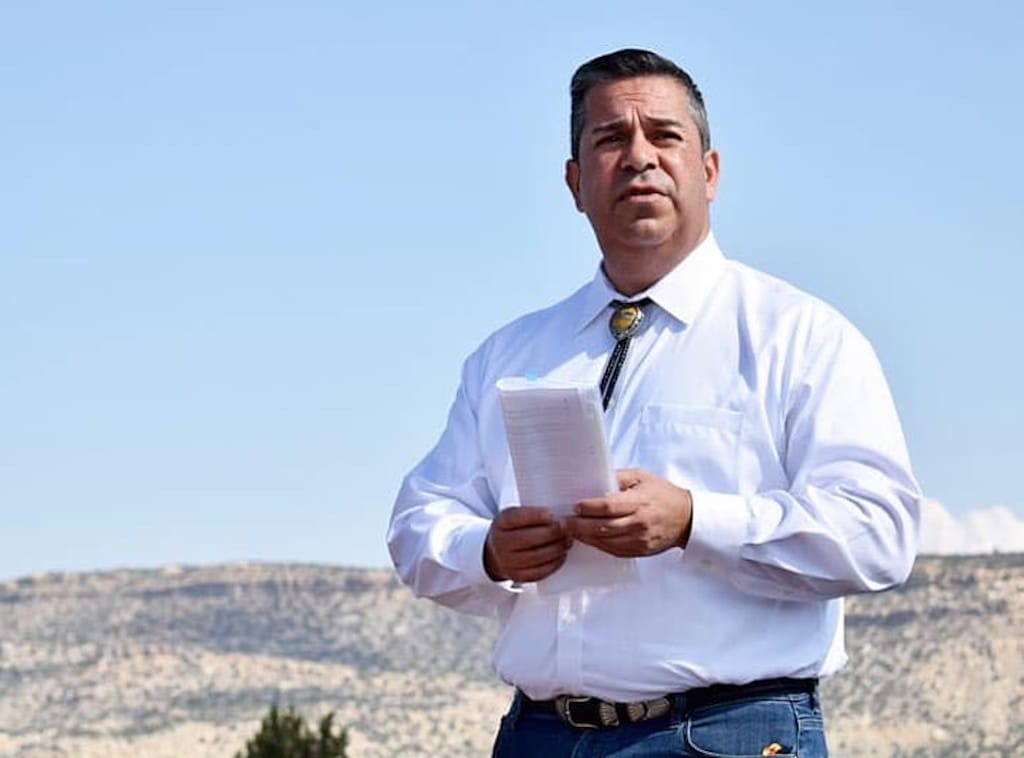Telecoms and Tech Giants Disagree on Where to Find More Universal Service Funds
The USF is facing dwindling funds and pending court challenges.
Jake Neenan

WASHINGTON, August 29, 2023 – Telecommunications companies and tech giants disagree on who should provide funding for the Universal Service Fund.
The fund’s money comes from a tax on voice service providers, putting its future in jeopardy as more Americans switch from phone lines to broadband services. The USF spends roughly $8 billion a year to buoy four programs that provide internet subsidies to low-income households, health care providers, schools, and libraries.
In filings submitted to a Senate working group evaluating potential reforms to the program, telecoms argued in public comments that some of this money should be paid by tech companies who provide online services. Tech companies advocated tapping more broadband providers for funds.
The Computer & Communications Industry Association, a trade group representing some of the biggest tech companies in the U.S., said in an August 21 filing that the USF could be saved by one action: “include all providers of internet connectivity in the USF contributions base.”
The National Telephone Cooperative Association, a group of smaller broadband providers that serve rural areas, argued in an August 25 filing that tech companies gain so much from expanded broadband coverage that they should pay directly into the USF, saying “internet-based businesses that benefit from widespread availability and affordability of broadband should contribute to that objective.”
The constitutionality of the USF’s funding model is being questioned in court. On September 19, the Fifth Circuit Court of Appeals will rehear a case brought by the conservative nonprofit Consumers’ Research.
The group argues that in establishing the USF with the Telecommunications Act of 1996, Congress gave the FCC unfettered authority to collect taxes. It also alleges that the FCC has abused this authority by delegating the distribution of funds to a subordinate organization, the Universal Service Administration Company.
The Fifth Circuit originally struck down the petition, saying Congress put adequate guardrails on the FCC’s authority. Three of its five judges were present to hear arguments and hand down a ruling, but the rehearing in September will involve the full court.
The Sixth Circuit denied a similar petition from Consumers’ Research on the same grounds as the 5th Circuit. The group has suits pending in the Eleventh Circuit and D.C.
Sens. Ben Luján, D-N.M., and John Thune, R-S.D., convened the working group in May to evaluate potential reforms to the USF’s structure and guide future policymaking.











Member discussion